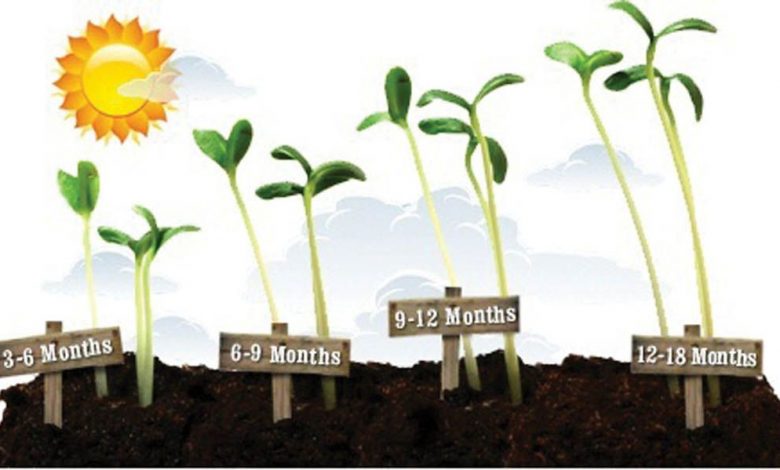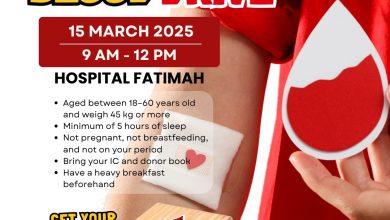

Child Health
By Dr Shan Narayanan
A very obvious development in childhood is the child beginning to talk. They progressively start speaking. The improving language increases their social understanding thus learning about the world and beginning to share their experience.
The brain is developing and maturing in the first six years. This is a critical period for the child’s development. The speech and language development is very much dependent on the child’s exposure to speech and language of carers and peers, hearing and inherent ability. Thus, if the child is not stimulated, has a hearing impairment that is not treated or neurological problem in this critical period, it can contribute towards delay in speech and language development.
Speech and Language develop in a sequence. The sequence of speech and language development is as follows:
| Age of child | Achievement |
| 1 to 6 months | Coos in response to voice |
| 6 to 9 months | Babbling |
| 10 to 11 months | Imitation of sounds, says mama/dada without meaning |
| 12 months | Says mama/dada with meaning. Often imitates two and three words syllables |
| 13 to 15 months | Vocabulary of four to seven words including jargons. <20% speech is understood by strangers |
| 16 to 18 months | Vocabulary of 10 words, some echolalia and extensive jargons. 20 to 25% of speech understood by strangers. |
| 19 to 21 months | Vocabulary of 20 words, 50% speech understood by strangers. |
| 22 to 24 months | Vocabulary >50 words, two word phrases, dropping out of jargon, 60-70% of speech is understood by the strangers. |
| 2 to 2.5 years | Vocabulary of 400 words, including names, two-three word phrases, use of pronouns, diminishing echolalia, 75% of speech understood by strangers. |
| 2.5 to 3 years | Use of plurals and past tense, knows age and sex; counts three objects correctly, three to five words per sentence, 80-90% of speech understood by strangers. |
| 3 to 4 years | Three to six words per sentence; asks questions, converses, relates experiences, tells stories, almost all speech understood by strangers. |
| 4 to 5 years | Six to eight words per sentence, names four colours, counts ten pennies correctly. |
All children do not speak at the same age. The above sequence is based on a western cohort of children. The sequence is provided as a general guide.


I certainly agree the rate of development is affected by cultural differences and exposure to more than one language. Despite this it is generally agreed by professionals, if a child does not speak in short sentences (2-3 words sentences) by 2½ years, it should ring an alarm bell. It is not necessarily a problem but it would be good to discuss it with your doctor.
As a support to parents and caregivers, we are organising the following Workshop:
FACILITATING SPEECH & LANGUAGE DEVELOPMENT IN PRESCHOOL CHILDREN
BY MS FARAH ALKAF, SPEECH & LANGUAGE PATHOLOGIST
DATE & TIME: 8TH NOVEMBER 2014 FROM 2PM TO 6PM
VENUE: CONFERENCE ROOM, HOSPITAL FATIMAH
FEE: RM80 PER PERSON / RM140 PER COUPLE CONTACT: MS SANTHA FRANCIS 05 546 1345


